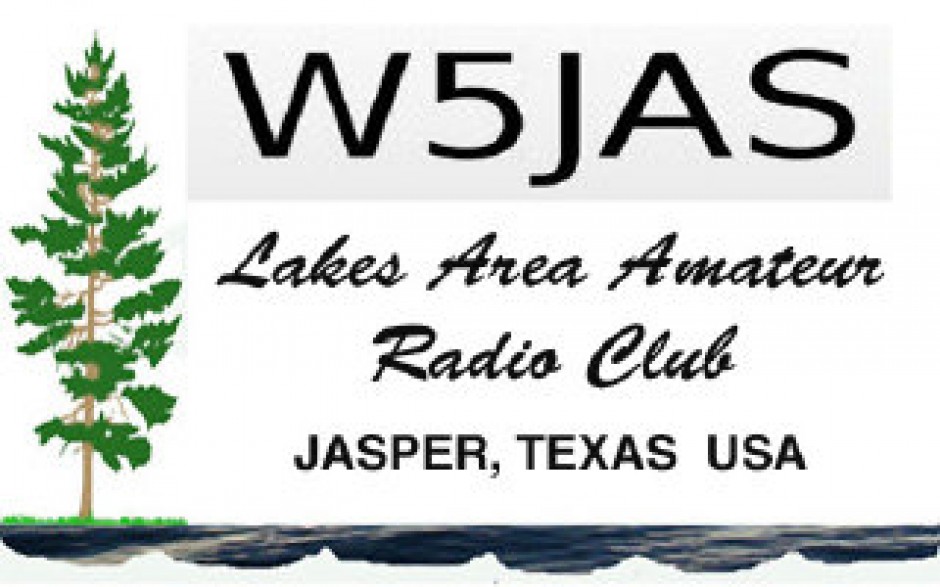We are living in turbulent times, and are subject to extreme weather, terrorism and other
factors that could well disable local power grids, phone services, etc. When all else fails,
Amateur (Ham) Radio may well be the only method of communications we have available.
Be prepared and promptly proceed in joining the ranks of over 700,000 other Americans
who now participate in this rewarding, beneficial and needed hobby.
1. Getting Licensed. The Federal Communication Commission (FCC) requires licenses for all ham operators in the U.S. There are currently 3 classes of amateur radio licenses: Technician (initial required license) primarily allows access to the ham allocated VHF (Very High Frequency) band, and the ham UHF (Ultra High Frequency) band along with some limited authorization within the High Frequency (HF) 10 meter band. The test consists of a relatively easy 35 question multi-choice exam (from an approx. 400 question study pool). It is administered by VEC ham volunteers for the FCC, at a fee of approx. $14. A passing grade of approx. 74% correct answers is required. The test may normally be taken (and repeated if needed) via various ham radio clubs (see Club listings at ARRL.org). Technicians can also access the VoIP (Voice Over Internet Protocol) formats offered by ham internet programs such as Echolink.org and CQ100. The VoIP mode allows direct computer-to-computer national and international voice contact with other hams, or even radio-to-radio contact via VoIP interfaces (links and repeaters within frequencies licensed). There are many ways hams are able to communicate, and using voice is just one of them. Morse code remains in use, although no longer required for any license purposes. Packet, Radio Teletype (often called Ritty) and PSK are others. Hams can also use television if desired, to transmit pictures over the air. Upon passing the Technician test the FCC will issue a license Call Sign, which is valid for 10 years and is renewable without further testing. An optional vanity (custom) Call Sign is available if desired. General class license (an upgrade from Technician status) offers a generous expansion into many additional HF band allocations, which can allow considerably more world wide radio communication ability. Amateur Extra is the last and highest class available license, which allots the total use of all amateur HF bands. Nevertheless,Technician remains the most important license, as it is mandatory to enter this exciting and useful hobby, and allows considerable privileges by itself.
2. Study Materials. Technician book. These inexpensive test study guides are available from various sources, such as the American Amateur Radio League (ARRL) at 888-277-5289. Note: if you are going to become a ham you should join this national ham organization and receive their monthly QST magazine. Other sources include the popular Gordon West books at 800-669-9594, and online web studies via HamTestOnline.com, HamUniverse.com, eHam.net and QRZ.com. Other good magazines pertaining to the hobby are CQ and Popular Communications.
3. Equipment. Most hams start out with a hand held (battery operated) VHF and/or UHF Transceiver, which may be acquired new for under $100. Operation range on these small (approx. 5 watt) units is normally up to 20 miles, depending on terrain, and is greatly extended via local radio club repeaters in most areas. National mail order equipment suppliers include AES.com and Universal-Radio.com. If you already have a computer with a mic, speaker and internet access it would allow VoIP use with no additional equipment. Simply download, install, and registered your Call Sign with any of the ham VoIP specialized programs. Also, don’t hesitate to ask your Elmer (helpful ham friends) for their equipment and supplier recommendations. Many test reports for various equipment and field use comments are also posted online at eHam.net.
4. You’ll be more than welcomed by other hams into this rewarding and useful hobby. Not only will you enjoy “rag chewing” and participation if desired in various ham radio Nets (communication circles) but it also offers extremely valuable and life saving communication ability under adverse conditions. Your local club probably has affiliations with Ares and/or Races too, which are two national emergency oriented ham organizations you may have volunteer member interest in. This document was prepared for your emergency resource information and in the interest of the ham hobby by Ke5nys at FactorReady.com in Jasper, Texas (our local club web site is w5jas.org).
HAM IT UP! Getting Started in Ham Radio…notes compliments… FactorReady.com
